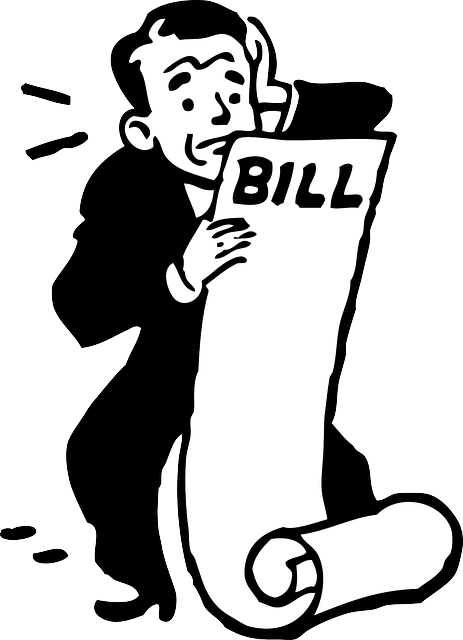Secured and unsecured loans differ in their requirements and risks. Secured loans, backed by assets, offer lower rates but expose borrowers to asset seizure upon default, while unsecured loans, easier to access with higher interest rates, don't require collateral but carry stricter eligibility criteria. Credit card debt consolidation typically uses unsecured loans to simplify multiple high-interest payments, demonstrating responsible borrowing and improving future loan applications. The choice between secured and unsecured loans for credit card debt consolidation depends on individual creditworthiness and goals: unsecured for good credit and flexibility, secured for less-than-perfect credit with lower rates but collateral risk.
Understanding the distinction between secured and unsecured loans is crucial for managing your finances, especially when considering credit card debt consolidation. Secured loans are backed by collateral, often your assets, while unsecured loans rely on your creditworthiness. This article explores these loan types, their effects on your credit score, and provides insights into choosing the right option for consolidating credit card debt, helping you make informed decisions to improve financial health.
- Understanding Secured and Unsecured Loans
- How These Loan Types Impact Your Credit
- When to Choose Each for Credit Card Debt Consolidation
Understanding Secured and Unsecured Loans
Secured and unsecured loans are two distinct types of financial instruments, each with its unique characteristics and risks. Secured loans, as the name suggests, are backed by some form of collateral or security. This could be a person’s home, car, savings account, or any valuable asset they own. The lender uses this collateral to mitigate the risk of loan default. In the event that the borrower fails to repay, the lender has the legal right to seize and sell the secured asset to recover their money.
Unsecured loans, on the other hand, are not backed by any collateral. Lenders offer these loans based purely on the borrower’s creditworthiness and repayment history. Since there is no security involved, unsecured lenders typically charge higher interest rates than secured lenders. They also have stricter eligibility criteria, often requiring a strong credit score and stable income to ensure the risk of default is minimized. Unsecured loans are popular for various purposes, including credit card debt consolidation, where borrowers aim to simplify multiple high-interest credit card payments into a single, lower-interest loan.
How These Loan Types Impact Your Credit
Secured and unsecured loans have distinct effects on your credit profile. When you apply for a secured loan, lenders often require you to put up collateral—this could be your car, home, or valuable assets. If you fail to repay the loan as agreed, the lender has the right to seize and sell this collateral to recover their losses. This approach reduces risk for the lender but can put you at financial risk if you default. On the other hand, unsecured loans don’t require collateral, making them a more accessible option with lower barriers to entry. However, lenders compensate for this higher risk by offering higher interest rates. Regular on-time repayments of an unsecured loan can positively impact your credit score, demonstrating responsible borrowing and helping in future loan applications, including credit card debt consolidation. Conversely, defaulting on either type of loan will severely damage your creditworthiness.
When to Choose Each for Credit Card Debt Consolidation
When considering credit card debt consolidation, the choice between a secured and unsecured loan depends on your financial situation and goals. Unsecured loans are ideal when you have good credit and want to simplify your payments with a fixed interest rate. Since these loans aren’t backed by collateral, they offer flexibility in terms of repayment terms but may come with higher interest rates compared to secured options. This is a smart choice if you’re looking to improve your credit score by making on-time payments over a shorter period.
On the other hand, secured loans require you to put up an asset as collateral, typically a savings account or property. While this can lead to lower interest rates and more favorable terms, it introduces risk—if you default, you could lose the collateral. However, for individuals with less-than-perfect credit, a secured loan can be a viable option to consolidate credit card debt, gain better control over repayment, and potentially rebuild their financial standing.
When deciding between a secured or unsecured loan for credit card debt consolidation, understanding your financial situation and credit profile is key. Secured loans offer lower interest rates but require collateral, while unsecured loans are more accessible with no collateral needed, but typically have higher rates. Evaluating your ability to repay and the potential risks involved will help guide your choice. For substantial debt consolidation, secured loans may be preferable due to their favorable terms, but unsecured options can be suitable for smaller balances or those with limited assets. Ultimately, choosing the right loan type depends on balancing risk and relief in your journey towards financial stability and credit card debt freedom.
